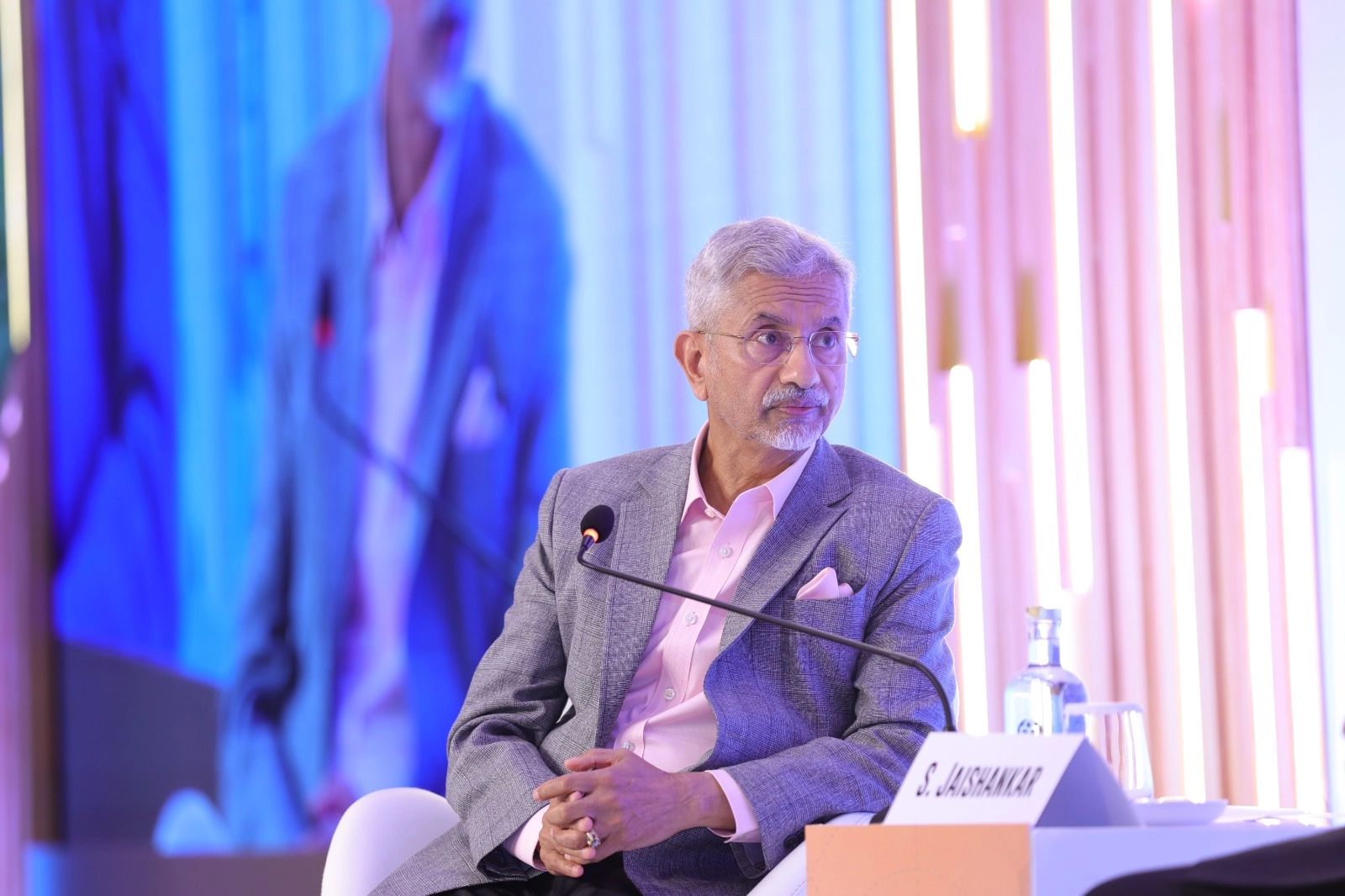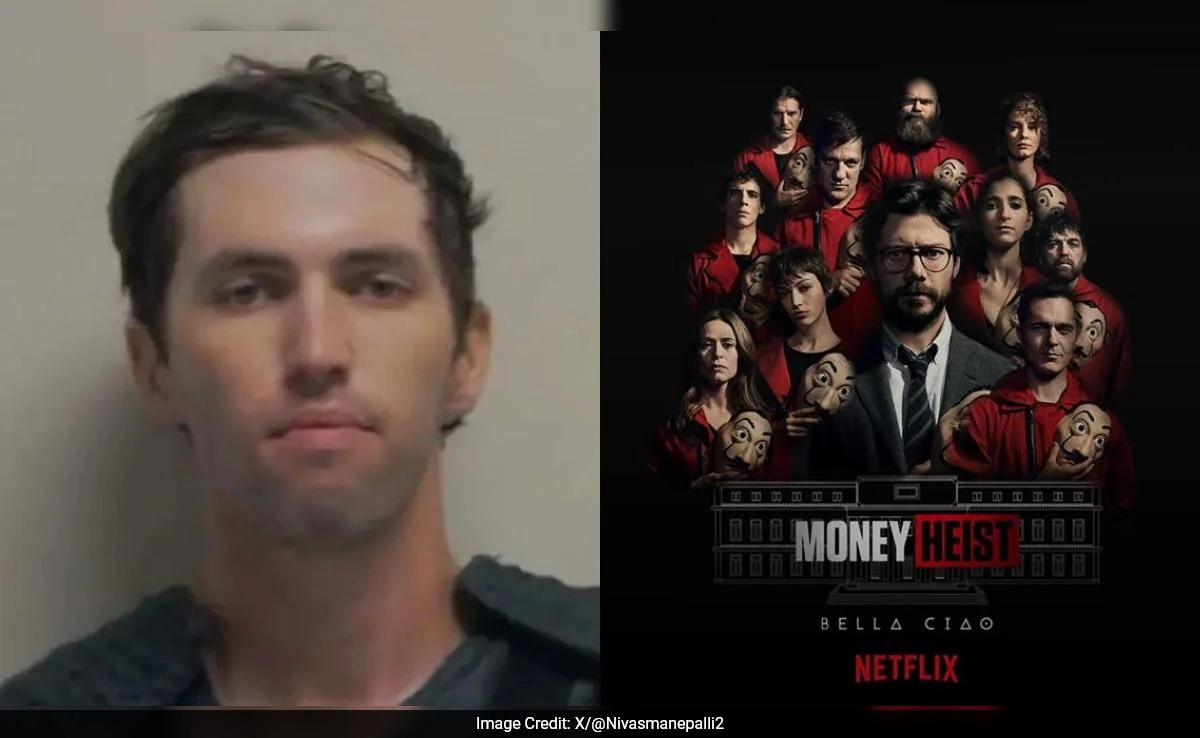A Texas student recently faced expulsion from their university after participating in a controversial re-enactment of the assassination of conservative political commentator Charlie Kirk. The incident has sparked widespread debate about the boundaries of free speech and the responsibilities of students in expressing their political beliefs. This act, interpreted by many as a provocative statement against Kirk’s views, raises significant questions about the nature of political discourse in academic settings and the potential consequences of extreme expressions of dissent.
The student involved reportedly staged the re-enactment during a campus event where Kirk was scheduled to speak. This performance not only involved dramatizing the assassination but also included elements intended to mock or criticize Kirk’s political ideologies. While some may argue that such actions fall under the protection of free speech, others contend that this behavior crosses a line, undermining the principles of respectful debate and dialogue that universities are meant to uphold. The university administration responded swiftly, citing the potential for inciting violence and the need to maintain a safe environment for all students.
In the wake of the incident, the university has faced backlash from various sides. Supporters of the expelled student argue that the university’s actions are an infringement on free speech rights, emphasizing the importance of allowing diverse viewpoints, even those that are controversial. Conversely, critics assert that the re-enactment was not a legitimate form of protest but rather an irresponsible act that could have dangerous repercussions. The situation highlights the ongoing tensions within academic institutions regarding how to navigate political expression and the responsibilities that come with it.
As discussions continue, this event serves as a stark reminder of the challenges that universities face in balancing free expression with the need to foster a respectful and safe learning environment. It prompts students and faculty alike to reflect on the implications of their actions and the messages they convey in a politically charged climate. The case of the Texas student and Charlie Kirk underscores the complexities of political engagement in educational spaces and the importance of finding constructive ways to engage with differing ideologies.




